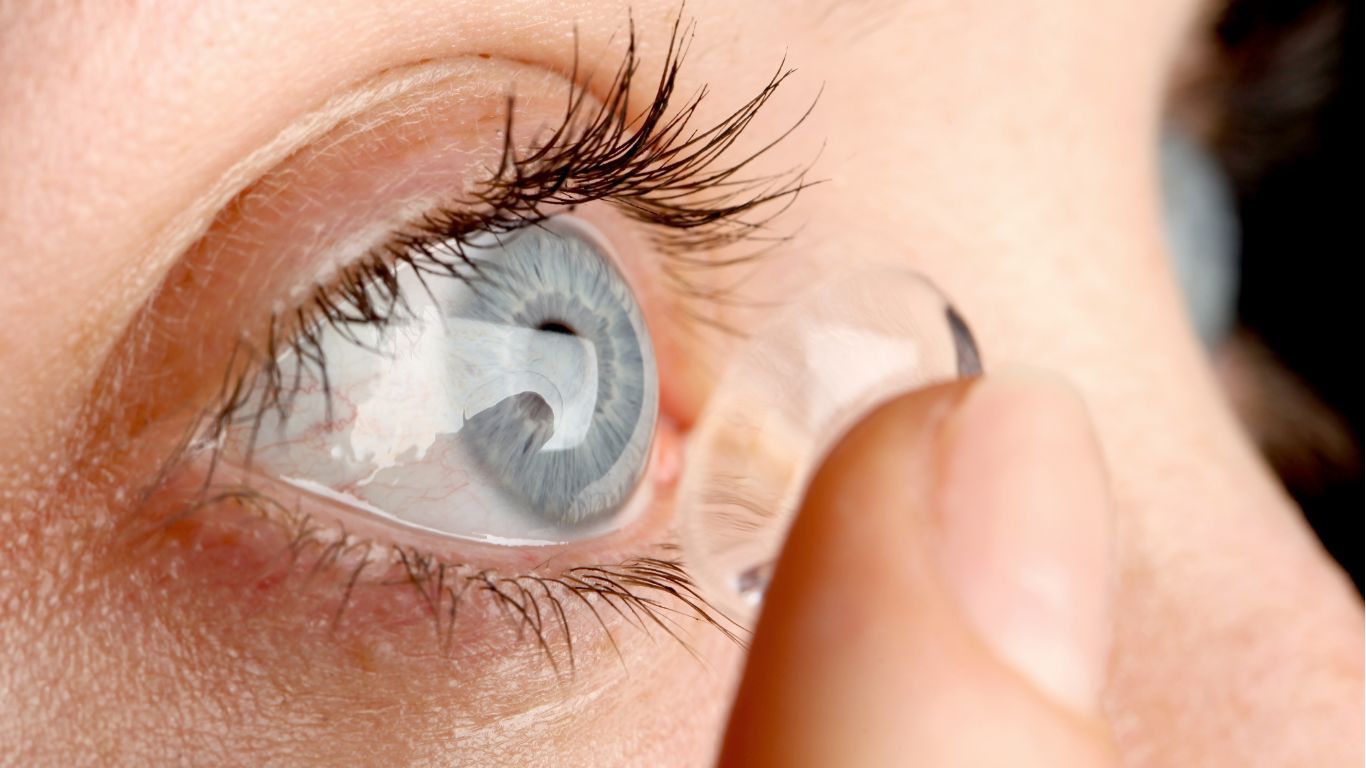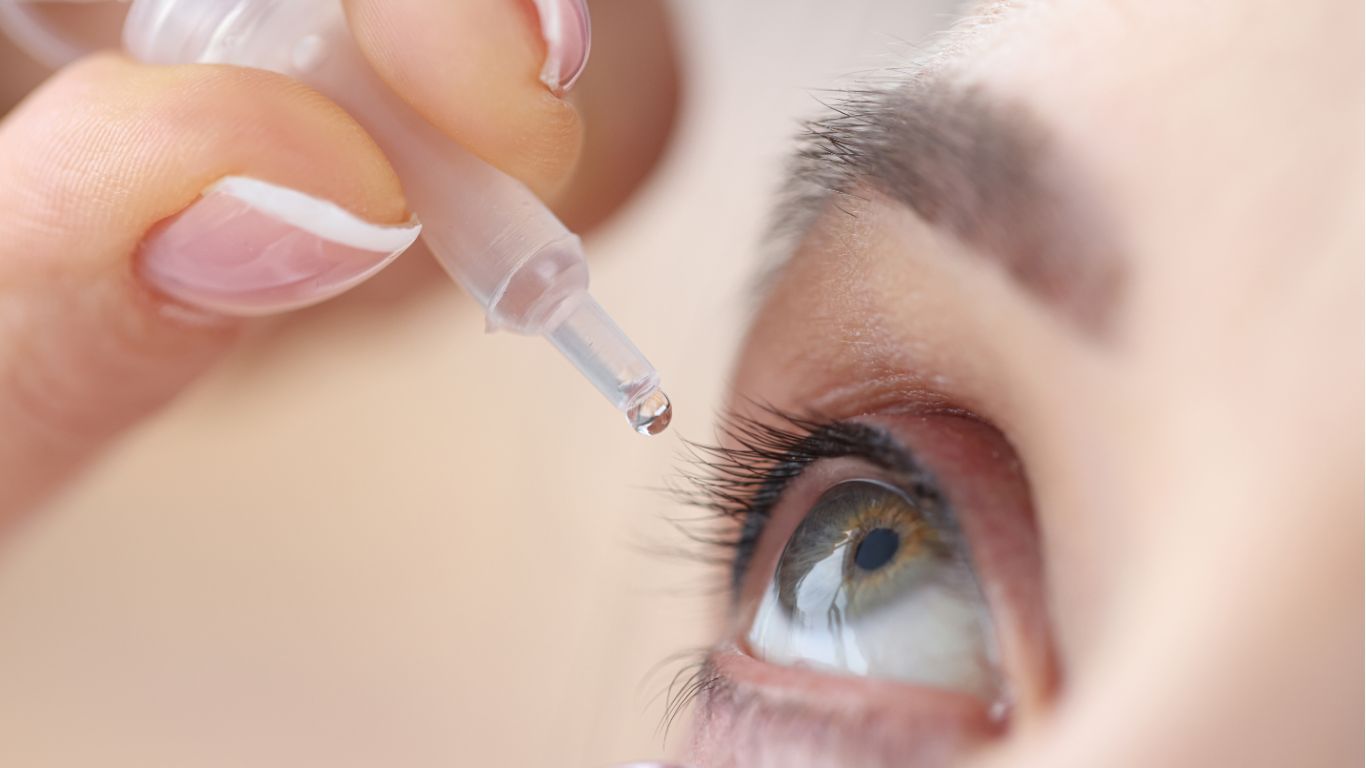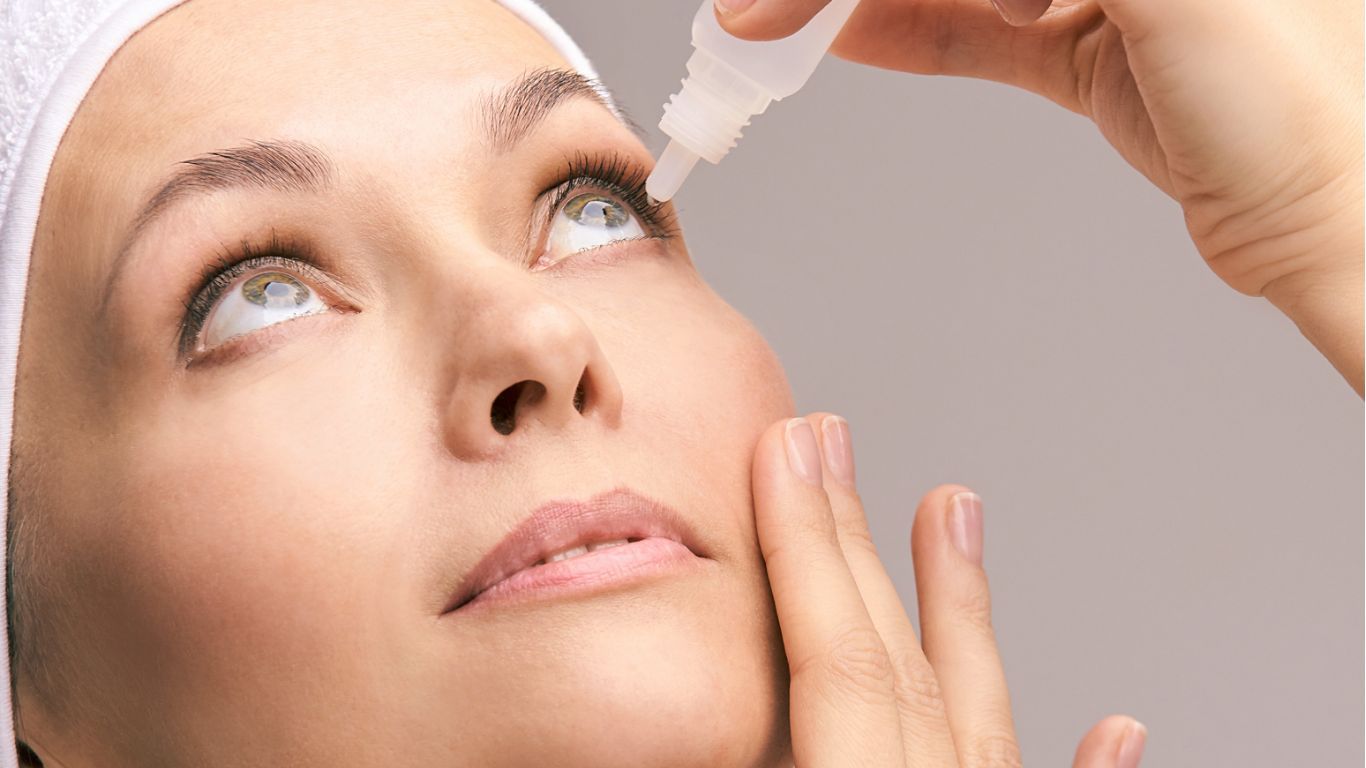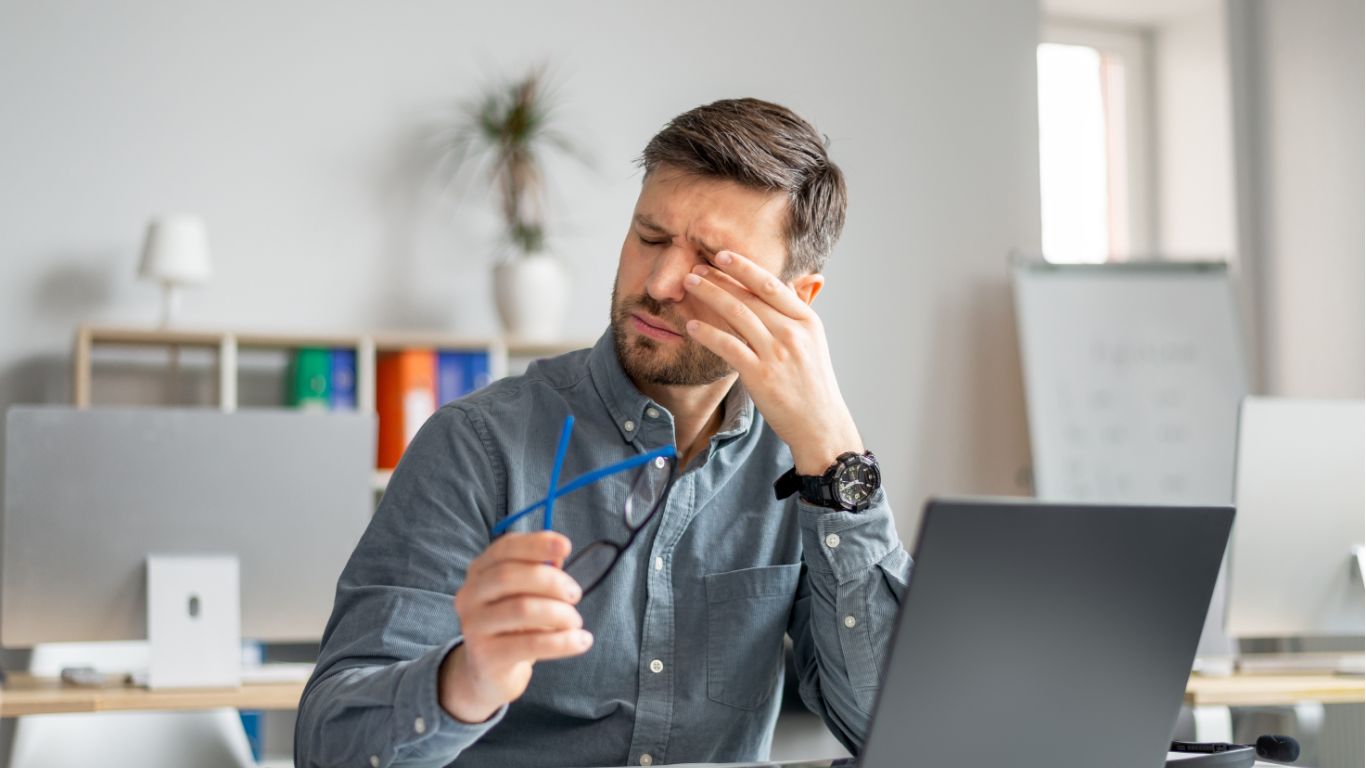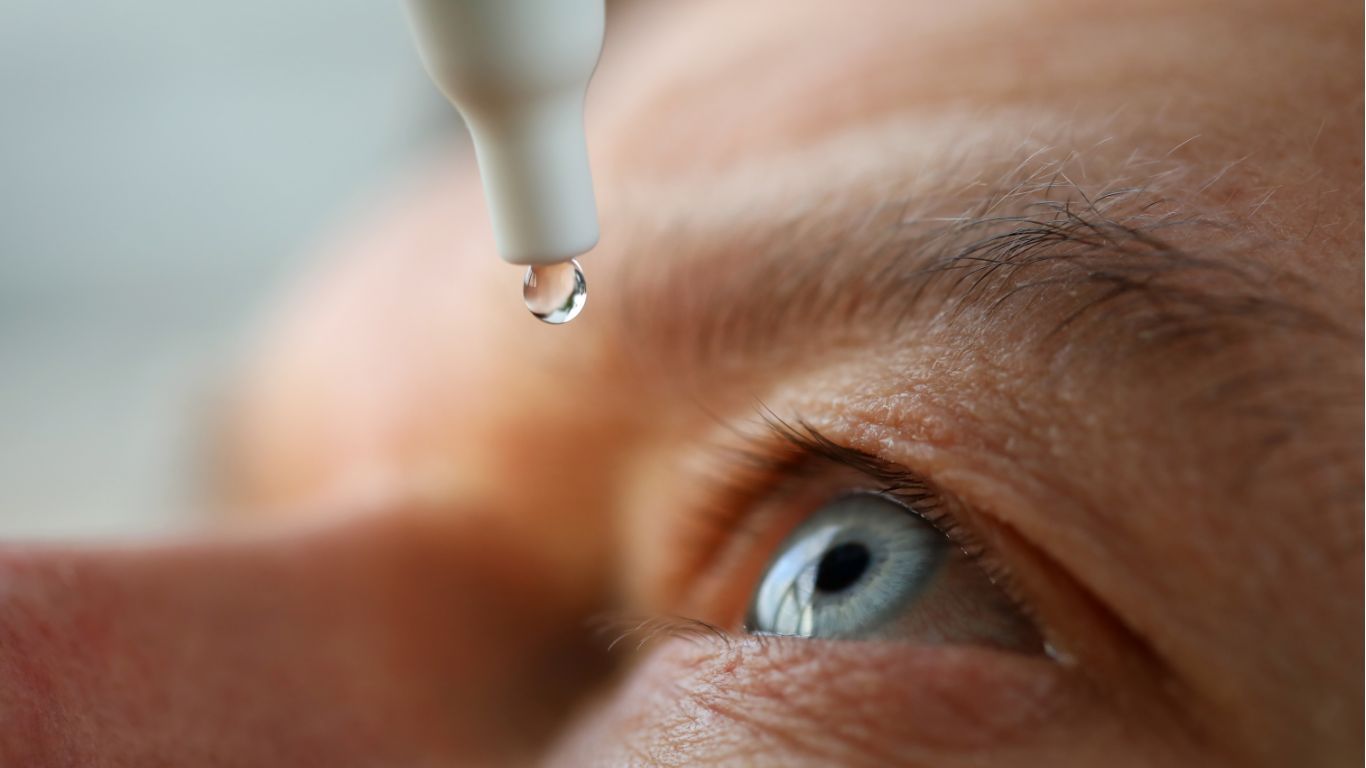Glaucoma is often called the “silent thief of sight” — and with good reason. It can quietly damage your optic nerve over time, with little to no symptoms until it's too late to reverse the effects. Once vision is lost to glaucoma, it’s permanent.
The good news? Glaucoma-related vision loss is largely preventable — if it’s detected early through regular eye screenings.
So, how often should you get screened for glaucoma? The answer isn’t the same for everyone, but there are evidence-based guidelines that can help you make an informed decision.
In this guide, we’ll break down everything you need to know about glaucoma screenings, what impacts how often you should get them, and how the expert team at Frame Bar. Co in Oceanside, NY, can help protect your vision for the long term.
Why Glaucoma Screenings Matter
Glaucoma isn’t just one condition — it’s a group of eye diseases that damage the optic nerve, usually due to increased intraocular pressure (IOP). Over time, that damage can narrow your field of vision and eventually lead to blindness.
There’s no permanent cure for glaucoma, and any vision loss caused by it cannot be reversed. But with early diagnosis and consistent management, many patients can live their entire lives with minimal to no vision loss.
That’s where screenings come in.
A glaucoma screening is the first and most important step in catching the disease before it causes irreversible damage. At Frame Bar. Co, our team uses the latest diagnostic tools and personalized evaluations to detect signs of glaucoma early — even before symptoms appear.
If you’re over a certain age or have specific risk factors, regular screenings aren’t just helpful — they’re critical.
Risk Factors That Affect Screening Frequency
Not everyone needs glaucoma screenings at the same intervals. Your personal risk factors play a major role in determining how often you should be checked.
Here are the most common factors that increase your risk:
1. Age
- Over age 60? Your risk increases significantly.
- African Americans should start screenings earlier — beginning around age 40 — due to a higher prevalence and earlier onset.
2. Family History of Glaucoma
- If you have a parent or sibling with glaucoma, your risk is significantly higher.
- Genetic factors play a strong role in developing the disease.
3. Elevated Intraocular Pressure (IOP)
- People with high IOP are at increased risk of optic nerve damage, even if they don’t yet have glaucoma.
- Regular pressure checks are a key part of your screening.
4. Medical Conditions
- Conditions like diabetes, high blood pressure, and heart disease can contribute to glaucoma.
- Certain medications, like corticosteroids, may also increase risk.
5. Previous Eye Injury or Surgery
- Trauma or complications from surgery can lead to secondary glaucoma.
- Eye injuries — even ones that happened years ago — are important to mention during your eye exam.
6. Severe Nearsightedness (Myopia)
- People with high myopia have a higher risk of developing open-angle glaucoma.
At Frame Bar. Co, we evaluate your risk profile in detail and design a custom screening schedule based on your unique circumstances.
How Often Should You Be Screened for Glaucoma?
There’s no one-size-fits-all answer — but there are professional guidelines based on age and risk level.
📆 General Screening Recommendations (For people with no known risk factors):
- Under 40 years old: Every 2–4 years
- Ages 40–54: Every 1–3 years
- Ages 55–64: Every 1–2 years
- Age 65+: Every 6–12 months
🧬 High-Risk Individuals (e.g. family history, African American descent, diabetes, high IOP):
- Every 6–12 months, regardless of age
If you’ve already been diagnosed with ocular hypertension (high eye pressure) or are considered glaucoma-suspect, more frequent follow-ups are essential. In these cases, the team at Frame Bar. Co will create a detailed care plan, which may involve pressure-lowering treatments and monitoring your optic nerve over time.
The key takeaway? Don’t wait for symptoms. Glaucoma often causes no discomfort or vision changes until late stages.
What to Expect During a Glaucoma Screening
A proper glaucoma screening is more than just a pressure check. At Frame Bar. Co, we offer a comprehensive evaluation that includes several critical tests:
🧪 1. Tonometry
- Measures your intraocular pressure (IOP).
- High IOP is a major risk factor, but glaucoma can occur even at normal pressures.
🔍 2. Visual Field Test
- Assesses your peripheral (side) vision.
- Glaucoma often affects your side vision first — long before central vision is impacted.
📸 3. Optic Nerve Imaging (OCT)
- Optical Coherence Tomography creates detailed images of your optic nerve fibers.
- Helps detect subtle changes over time.
👁️ 4. Dilated Eye Exam
- Allows your optometrist to directly view the optic nerve and retina.
- Provides valuable information about any nerve damage or abnormalities.
This complete approach gives our team at Frame Bar. Co a clear view of your risk, helping us catch problems early and treat them effectively.
Early Detection = Better Outcomes
The earlier glaucoma is caught, the more options you have to manage it and prevent further vision loss.
Here’s what early detection enables:
- Prescription Eye Drops to lower intraocular pressure
- Laser treatments to improve fluid drainage from the eye
- Oral medications in some cases
- Surgery, such as trabeculectomy or tube shunts, for advanced or non-responsive cases
Most patients who catch glaucoma early can maintain their current level of vision for life — but timing is everything.
At Frame Bar. Co, our proactive care model is designed to slow or stop glaucoma’s progression through customized monitoring and treatment plans.
Tips to Stay on Track with Eye Health
It’s easy to push off your next eye appointment — especially if you feel fine. But when it comes to glaucoma, waiting is risky. Here’s how to stay ahead:
✅ 1. Set Calendar Reminders
- Mark your next eye exam as soon as you finish the current one.
- Consider syncing reminders with your primary care visits.
🥦 2. Eat for Eye Health
- Nutrients like lutein, zeaxanthin, and omega-3s support overall vision health.
- Leafy greens, fish, and nuts are excellent choices.
🏃 3. Stay Active
- Regular exercise can help lower intraocular pressure.
- Even moderate activity (like walking) a few times a week can make a difference.
🕶️ 4. Use Eye Protection
- Sports, yard work, and home projects can cause eye injuries.
- Wear proper eyewear to reduce your risk of secondary glaucoma.
📋 5. Communicate with Your Optometrist
- Report any changes in your vision, even small ones.
- If you’re taking new medications or have a new health condition, let your eye care team know.
The specialists at Frame Bar. Co are here to partner with you — not just for a one-time screening, but for lifelong vision protection.
FAQs About Glaucoma Screenings
❓ Can glaucoma be detected without symptoms?
Yes. Most forms of glaucoma have no early warning signs. That’s why routine screenings are so important — they’re often the only way to catch it early.
❓ Is a glaucoma screening painful?
No. Glaucoma tests are non-invasive and painless. Some tests may use a puff of air or numbing drops, but they’re quick and easy.
❓ Will insurance cover glaucoma screenings?
Many vision and health insurance plans do cover glaucoma screenings, especially if you’re considered high-risk. Contact your provider or Frame Bar. Co for more information.
❓ What happens if I miss a screening?
Missing a screening delays the detection of possible changes. If you're overdue, it’s important to schedule an exam as soon as possible to minimize risk.
❓ Can glaucoma be cured permanently?
Unfortunately, glaucoma cannot be cured, but it can be effectively managed. With early intervention and treatment from providers like Frame Bar. Co, you can protect your existing vision for years to come.
Protect Your Sight: Schedule Your Screening Today
Glaucoma may be a silent condition — but your approach to it doesn’t have to be.
Whether you’re at high risk or simply proactive about your health, the most important step you can take is a comprehensive eye screening. And there’s no better place to start than with the team at Frame Bar. Co.
We provide:
- Thorough glaucoma evaluations
- Personalized screening schedules
- Advanced diagnostic technology
- Compassionate, expert care right here in Oceanside, NY
Book your glaucoma screening today and take control of your eye health. Because once vision is lost, there’s no getting it back — but with the right care, you can protect it before it’s gone.
Comments:
Send us a Message
Your email address will not be published. Required fields are marked *
Blog - Website Form
Recent Post:
Join Our Frame Bar. Co Family
Become part of our vision and beauty community—book your appointment today for expert care and service.


